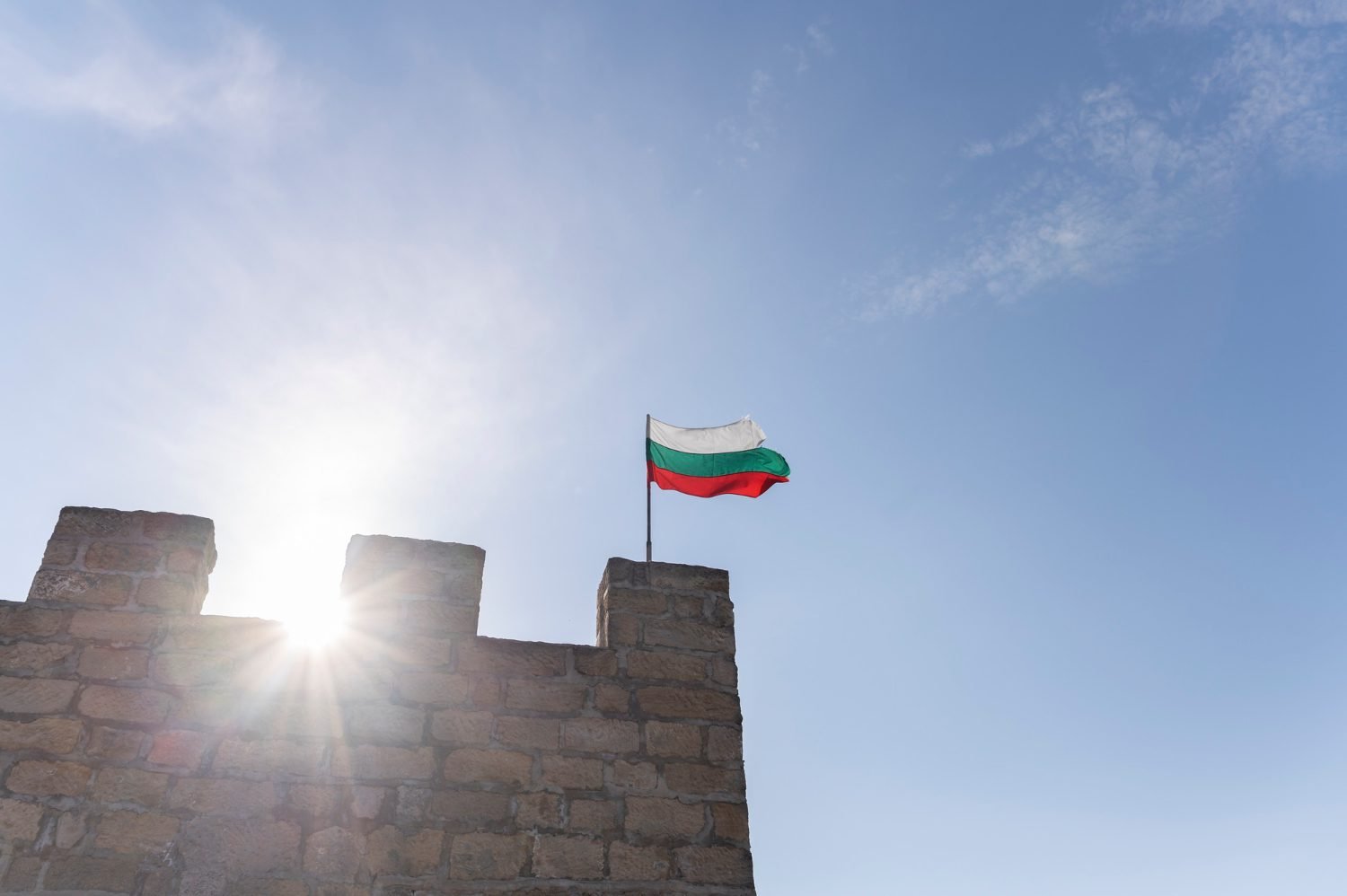
Germany combines a robust prudential base with openness to innovation within the EU. Positioning itself as a financial and technology hub. Despite a conservative reputation, Germany actively embraces blockchain and digital assets.
To receive a Germany CASP license for dealing with crypto-assets is more than just fulfilling legislative demands; it sends a very strong message to investors, partners, and clients across the globe about how reliable, transparent, and futuristic your company is.
We help to register a company plus getting a cryptocurrency license in Germany for a crypto-assets exchange; also taking care of adherence by the legislative base and giving professional advisory services for any aspect of FinTech, gambling, brokerage, or other sectors.
Rules and Oversight Framework
This region has adopted both a national law and an EU-wide regulation approach to integrating Germany crypto exchange into its financial system. Three key regimes currently apply:
- MiFID II services – these cover investment advice, order execution, portfolio management, and all traditional securities-related activities.
- Depotgeschäft – this relates to the custody of securities under German credit institution law i.e. storage and management of classic financial instruments.
- Secure storage of crypto-assets was newly introduced in 2020 as an ancillary activity comprising storage, management, and transfer of cryptocurrency for clients. Any business carrying on these activities needs to receive a license from BaFin. In practice, this granting is often referred to as a VASP license in Germany, aligning with international terminology for virtual asset service providers. Some firms even describe it as a VASP license in Germany, highlighting the fact that BaFin supervises these activities under strict supervisory standards.
Transition to MiCA
The MiCA of the EU introduces a harmonized licensing regime for CASPs that Germany is currently aligning its mechanisms with:
- BaFin continues to remain the competent supervisory organ and oversees all crypto companies up till full implementation of the MiCA regime.
- BaFin-licensed firms will be in the transition process to get national CASP authorization. MiCA squeezes services into set forth buckets (storage, exchange, trading platforms, placement of crypto-assets, execution of orders, investment advice, etc.).
From July 2026 CASP Germany crypto exchange license will be the only valid. BaFin’s domestic crypto-exchange permissions will be replaced by MiCA CASP license. That means that organisations with plans in this direction should prepare for both national BaFin license requirements today and EU-wide MiCA standards tomorrow.
Germany crypto license requirements
To get a Crypto License in Germany, a company has to prove good corporate, accounting-related, and business-process setups. The key needs are:
- Local presence – the firm must be set up in Germany with a registered office and heads staying in the EU.
- Initial capital: for crypto-custody (Kryptoverwahrgeschäft) typically EUR 150,000; other services follow KWG/CRR thresholds. Under MiCA, CASP capital depends on the service bucket and cannot be double-counted with prudential buffers.
- Principals shall be able to prove their expert competence and trustworthiness as well as the absence of a criminal record against them.
- Shareholders shall also prove their financial standing and integrity.
- A business plan shall cover commercial strategy, risk analysis, financial projections, and growth prospects for not less than three years.
- Oversight systems include internal AML/CTF controls, enclosure management framework, internal oversight, and reporting structure.
- IT & data protection mechanisms include advances in IT strategy, cybersecurity measures, information integrity systems, and disaster recovery mechanisms.
- Proof of funds, directors’ CVs, governance and AML policies, and an organizational chart are mandatory elements when you apply to get CASP license in Germany.
Licensing formalities
The cryptocurrency exchange license in Germany procedure for the applicant is done in the following sequential steps:
Preparation Stage
- Consultation on business model qualification (MiFID, Depotgeschäft, KryptoVerwahrgeschäft), or CASP under MiCA).
- Drafting corporate structure and statutory documents.
- Definition of compliance strategy and AML/KYC framework.
Company Incorporation
- GmbH (German limited liability company) or AG (joint-stock company) registration
- Notarization of articles of association
- Begin by opening a corporate bank account and depositing the share capital.
- Establishing proper residency in Germany or within the EU is also a prerequisite for directors and key managers to guarantee adherence to BaFin demands.
Pre-Application Stage
- Prepare BaFin acquisition forms.
- Shareholder information, management CVs, proof of capital, business plan, and IT policies are submitted.
- Collaboration with BaFin takes place through preliminary consultation.
Request filing
- File the complete documents to BaFin.
- Possible request for more information or clarification.
License Approval
- If the conditions are fully met, an authorization is granted.
- Compliance will be checked post-approval on an ongoing basis that includes regular audits and reporting.
Transition to MiCA CASP
- After July 2026, firms shall be able to file for CASP status. It is also good to note that existing BaFin license holders shall be prioritized in the transition process.
Good things about having a Germany Crypto License
- Name – Germany is one of the most looked up to financial places all over the world.
- EU Passporting – under MiCA, a German CASP license will grant access to all EU member states.
- Clarity of Germany crypto licence regulation– clear distinction between traditional securities, crypto-assets, and upcoming CASP categories.
- Pro-innovation – Germany accommodates FinTech and blockchain evolutions alongside the preservation of investor protection.
- Market access – licensing in Germany paves a pathway to tap into Europe’s largest economy and one of its most crypto-active markets.
Final Thoughts
Germany is one of the most developed and credible European jurisdictions for digital assets. In Germany, BaFin is the competent authority; therefore, firms that want to be recognized as operating legally have to enter into a register known as the Germany crypto license register. This ensures transparency and compliance with national law plus EU-wide MiCA standards.
To have a Germany exchange license or custody authorization, shows not only technical readiness but also regulatory and financial readiness. Be it a company applying for a Germany license crypto for custody, brokerage, or trading the process inculcates a sense of trust in the minds of investors and business partners about the particular entity.
A crypto license Germany puts your business right in the middle of the biggest economy in Europe, giving you credibility, market access, and—soon with MiCA—passporting rights all over every EU member state.
FAQ
Does crypto legal in Germany?
Yes. Crypto is recognized and regulated. Firms require BaFin authorization today and will transition to a MiCA CASP license.
How to avoid crypto tax in Germany?
Keep crypto-assets for more than 12 months. Corporate structures can also optimize the tax exposure.
Is Binance licensed in Germany?
As of 2025, Binance is not a holder of any BaFin license. Its operation in Germany will be determined by its compliance with MiCA requirements.
What is KryptoVerwahrgeschäft?
It is the German law concept covering custody of crypto-assets. CASP is the new EU-wide category under MiCA that will replace national regimes and give EU passporting rights.
How long does licensing take?
It typically takes about 6–12 months, depending upon documentation completeness and BaFin’s review.
What about costs?
Fees vary by service, capital needs, and how tough the rules are. Add in the cost of paying for permits, getting help from lawyers, and setting up the business plan.









